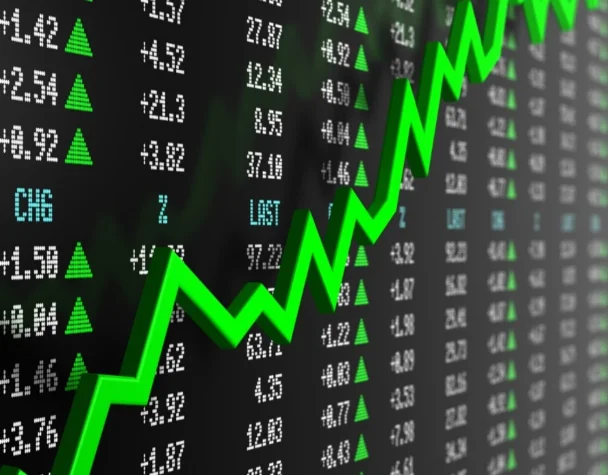
S&P 500 Closes Higher Ahead of 'Liberation Day' Tariff Reveal
Wed, April 02, 2025As Wall Street closed its first trading session of April 2025, the S&P 500 delivered a modest gain, finishing up 21.22 points, or 0.38%, at 5,633.07. The Nasdaq Composite led the tech-heavy rebound with a 0.87% surge to 17,449.89, while the Dow Jones Industrial Average remained relatively flat, dipping just 11.80 points to 41,989.96.
The uptick comes amid tense anticipation of former President Donald Trump’s tariff announcement, expected on April 2—branded “Liberation Day” by his campaign. Investors are cautiously positioning themselves ahead of what could be a major shift in U.S. trade policy, with implications spanning global supply chains and inflation dynamics.
Markets React to Anticipated Trade Disruption
Investors are attempting to price in the unknown, as the details of Trump’s proposed tariffs remain undisclosed. White House officials have suggested that the measures will apply broadly to all trading partners, without exemptions. Analysts warn that such sweeping tariffs could disrupt key sectors including automotive, semiconductors, and industrial manufacturing.
Despite the market closing in the green, the mood remains wary. The end of Q1 marked the worst quarterly performance for the S&P 500 since 2022, reflecting deeper economic concerns ranging from slowing growth to rising inflationary pressure.
According to Barron’s, the tariff announcement could serve as a pivotal market catalyst, with downside risks if global retaliation follows. The uncertainty has already led some investors to de-risk their portfolios and rotate into safer assets.
What Could Happen in the Next Trading Session?
Looking ahead to the next trading day, markets are poised for heightened volatility. The release of the tariff plan could send shockwaves through equities, particularly those with international exposure. Sectors such as consumer electronics, aerospace, and agriculture are considered especially vulnerable.
There’s also growing concern over stagflation—a scenario where inflation rises even as economic growth slows. If tariffs increase import costs, consumers may feel the pinch while corporate earnings come under pressure. As MarketWatch notes, this combination could amplify the bearish case and suppress broader equity performance in the near term.
Gold has already hit record highs this week, while yields on long-term Treasurys have fallen—both classic signs that traders are hedging against economic uncertainty.

